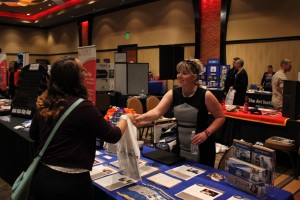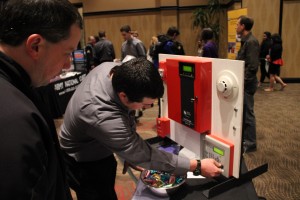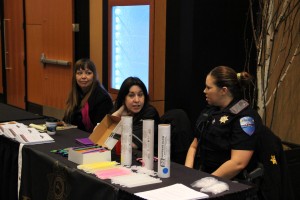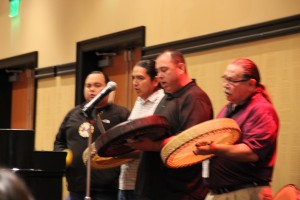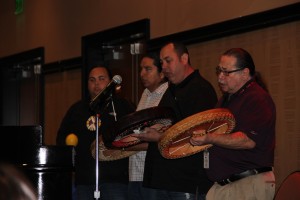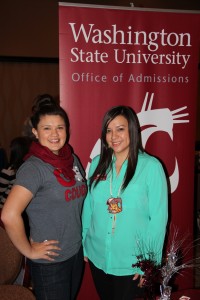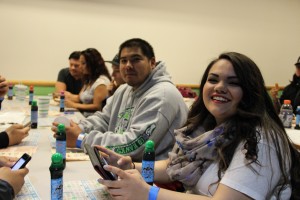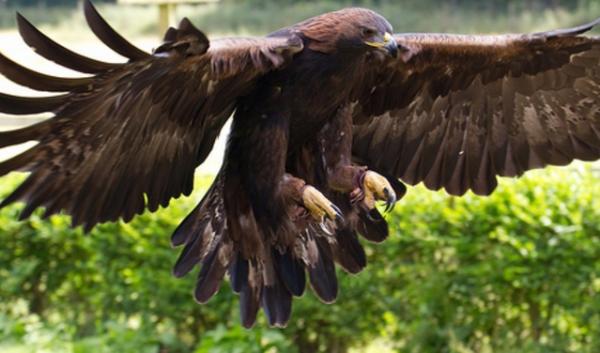
The Washington Post May 1, 2014
After decades of underfunding hundreds of contracts with Native Americans, the federal government over the past several months has reached settlement agreements on 146 claims, totalling $275 million, government records show.
The settlements for health and social service contracts represent about 10 percent of all outstanding tribal claims with the federal Indian Health Service. The unpaid contract expenses were the subject of two U.S. Supreme Court rulings, the latest in June 2012, in which both IHS and the Bureau of Indian Affairs (BIA) were ordered to pay outstanding claims on the self-determination contracts.
The disputed contracts have their origins in the 1975 Indian Self-Determination Act, which gives tribes the option of receiving federal funding to run their own education, public safety and health-care programs. Those services — which were promised in perpetuity in tribal treaties — historically were delivered by the IHS and BIA.
The unpaid claims are for “contract support costs,” which include travel expenses, legal and accounting fees, insurance costs and workers’ compensation fees. Such costs typically account for between 10 to 20 percent of the value of a contract.
“The federal government has a trust responsibility to provide health care for this nation’s First Peoples and it’s about time it steps up to pay legal and contractual obligations to those tribes that choose to take over this responsibility through self-governance contracts and compacts,” Sen. Mark Begich (D-Alaska) said in a prepared statement.
Through letters and public hearings, Begich and several other members of Congress have pressured IHS and BIA to resolve past unpaid claims since the last Supreme Court ruling nearly two years ago.
IHS is working through thousands of disputed claims in more than 200 lawsuits filed by tribes, which are being individually negotiated. BIA is dealing with a single class-action lawsuit, which includes unpaid claims for hundreds of tribes, which has not yet been resolved.
The largest IHS settlement of $96 million went to Southcentral Foundation in Anchorage. The organization operates several health-care facilities, including a portion of the Alaska Native Medical Center, and serves more than 60,000 Alaska Natives and American Indians.
Llloyd Miller, an attorney in the Supreme Court cases, who is also representing 55 tribes in the settlement talks, said progress is being made, but at the current pace it would take IHS another three years to resolve all outstanding claims.
“It’s an enormous breakthrough because, over the past two years, little in the way of settlements have been achieved,” Miller said. “The challenge for the agency is to resolve the remaining 90 percent in a coherent time frame.”
In February, both agencies committed for the first time in decades to fully fund the self-determination contracts in their 2014 revised budgets. The revisions followed a Washington Post article in December that detailed the administration’s plans to impose spending caps on the contracts, despite two U.S. Supreme Court rulings ordering the government to fully compensate the tribes.
Federal contractors have carefully monitored the case because they worried that if federal agencies were able to not pay contract support costs for tribes, it could set a dangerous precedent for non-tribal service contracts with federal agencies.
In a friend-of-the-court brief to the Supreme Court in 2012, the U.S. Chamber of Commerce said: “The government’s position would have the effect of making contracts illusory by giving it a broad right to refuse payment at the stated price for services rendered.”





